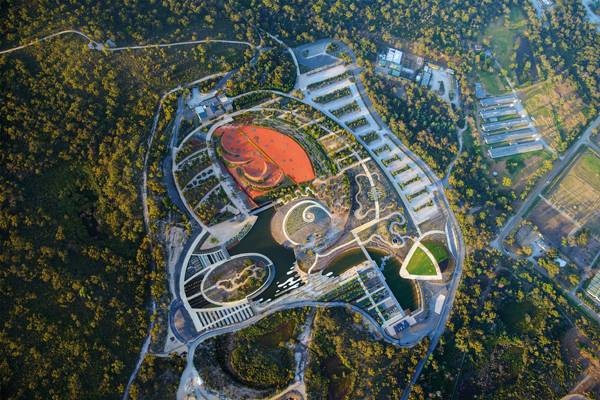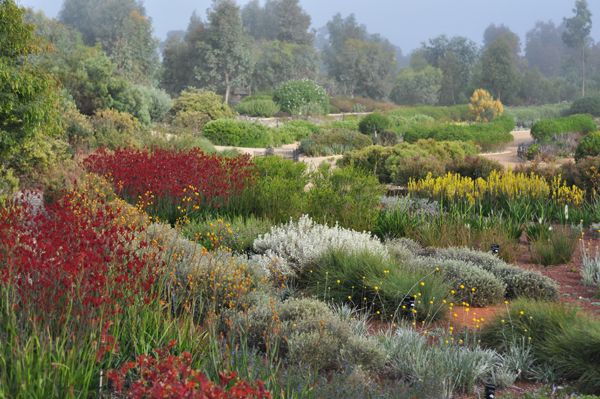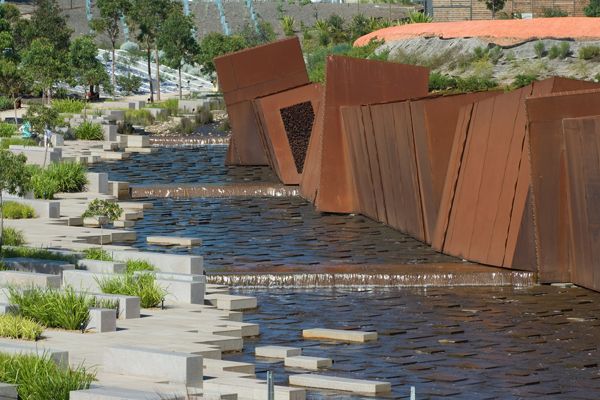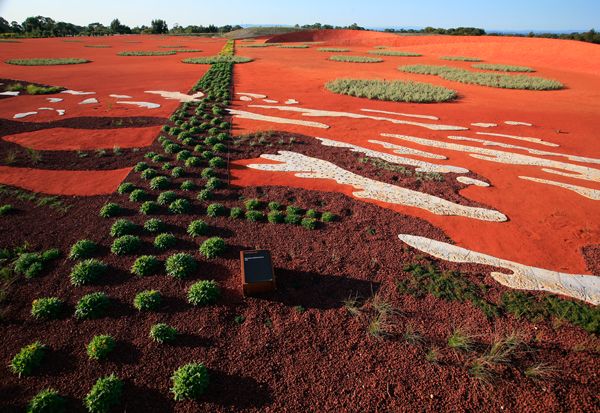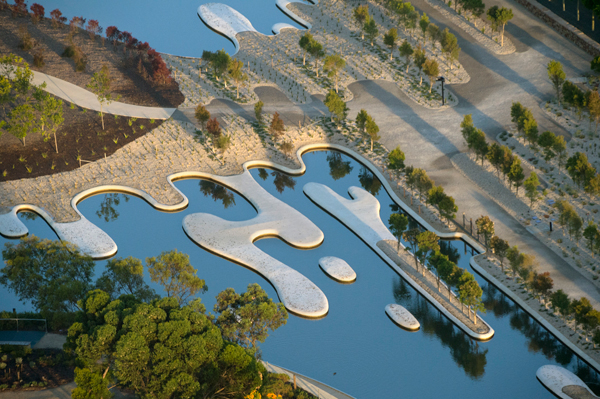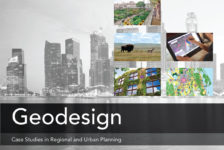Australian Garden at The Royal Botanic Gardens, Cranbourne, by TCL Landscape Architecture Urban Design. The Australian Garden at The Royal Botanic Gardens at Cranbourne has been awarded the prestigious title of World Architecture Festival Best Landscape Project 2013. It also features as No. 2 in Landscape Architects Network’s Top 10 World Class Landscape Architecture Projects of 2013, by Paul McAtomney. In this review, we take a closer look at one of Australia’s most remarkable landscape architecture projects in recent history. Royal Botanic Gardens The Royal Botanic Gardens at Cranbourne are a division of the Royal Botanic Gardens, Melbourne. The Cranbourne gardens are situated approximately 45 kilometers from the center of Melbourne and are dedicated to showcasing the astounding diversity of Australian native flora. In fact, they are the world’s first botanical gardens dedicated exclusively to Australian native flora.
History The site on which the Australian Garden is situated was originally used for sand quarrying, but was set aside for the botanical gardens in the 1970s. Planning started in the mid-1990s, with the first phase being completed in 2006. The second phase officially opened in October 2012. Design The Australian Garden was designed by Taylor Cullity Lethlean with specialist botanical consultation and collaboration from renowned landscape architect Paul Thompson of Plant Design Pty Ltd. Paul also featured in our Top 10 Names in Planting Design. Two things that really set the Australian Garden apart are the sheer diversity of flora used in the design and the way in which these plants are employed to tell the story of Australia’s diverse range of habitats. The design of the Australian Gardens at Cranbourne covers more than 25 hectares and contains 170,000 plants, showcased within 15 individually themed landscape areas. Landscape Typologies Individual areas within the garden are designed to take the visitor on a conceptual journey through a range of Australian landscape typologies, from the arid interior of the continent through riverbeds, to river deltas and coastal landscape character types. The Australian Garden truly is a microcosm of the Australian landscape. River Walk The River Walk uses gravel to form a meandering dry riverbed with mature trees to provide shade. Open water with waterside planting showcases Australian marginal flora. This space also contains a large timber amphitheater for teaching. Howson Hill Howson Hill rises from the north bank of River Walk and provides picturesque views across the Australian Garden. The hill conceptually represents Australia’s forested higher ground and contains many rare and endangered Mallee Eucalyptus trees. Red Sand Garden The Red Sand Garden lies at the heart of the Australian Garden, and is the conceptual reference to Australia’s vast interior landscape. The predominance of red sand offers the perfect foil to planted circles of saltbush (Atriplex sp.) and crescent shapes of earth mounding that mimic the forms of the Australian desert. The ‘Take Home’ Experience The Australian Garden at Cranbourne aims to be truly didactic. The garden goes beyond displaying native flora, and seeks to show the diverse range of landscape typologies found in Australia and showcase its natural flora in as close to their natural habitat as possible. Exhibition Gardens The Exhibition Gardens are domestic-scale gardens that offer visitors examples of how they can use Australian native flora in their own gardens. In this way, the Australian Garden not only raises awareness of native flora, but demonstrates how it can be used by members of the public, thus increasing the impact of the Australian Garden beyond its physical boundaries. Below: Put on your dancing shoes for this techno overview of the Australian Gardens! A Garden Greater than the Sum of its Parts At the individual scale, each garden area within the Australian Garden at Cranbourne is beautifully designed and constructed. Careful consideration has gone into how areas such as the Red Sand garden can be manifestations of cultural landscape interpretations, while areas such as the River Walk offer visitors the opportunity to go on a conceptual voyage of hundreds, if not thousands, of miles within a single garden. As a whole, the Australian Garden goes beyond merely showcasing Australian native flora, achieving a didactic experience of value that visitors can “take home” with them and implement in their own gardens. Recommended reading: Landscaping With Australian Plants (ebook) Article written by Ashley Penn Featured image: Credit Peter Hyatt Published in BlogLogin
Lost Password
Register
If this is your first time on the new site, please click "Forgot your password?". Follow the steps to reset your password. It may be the same as your old one.



